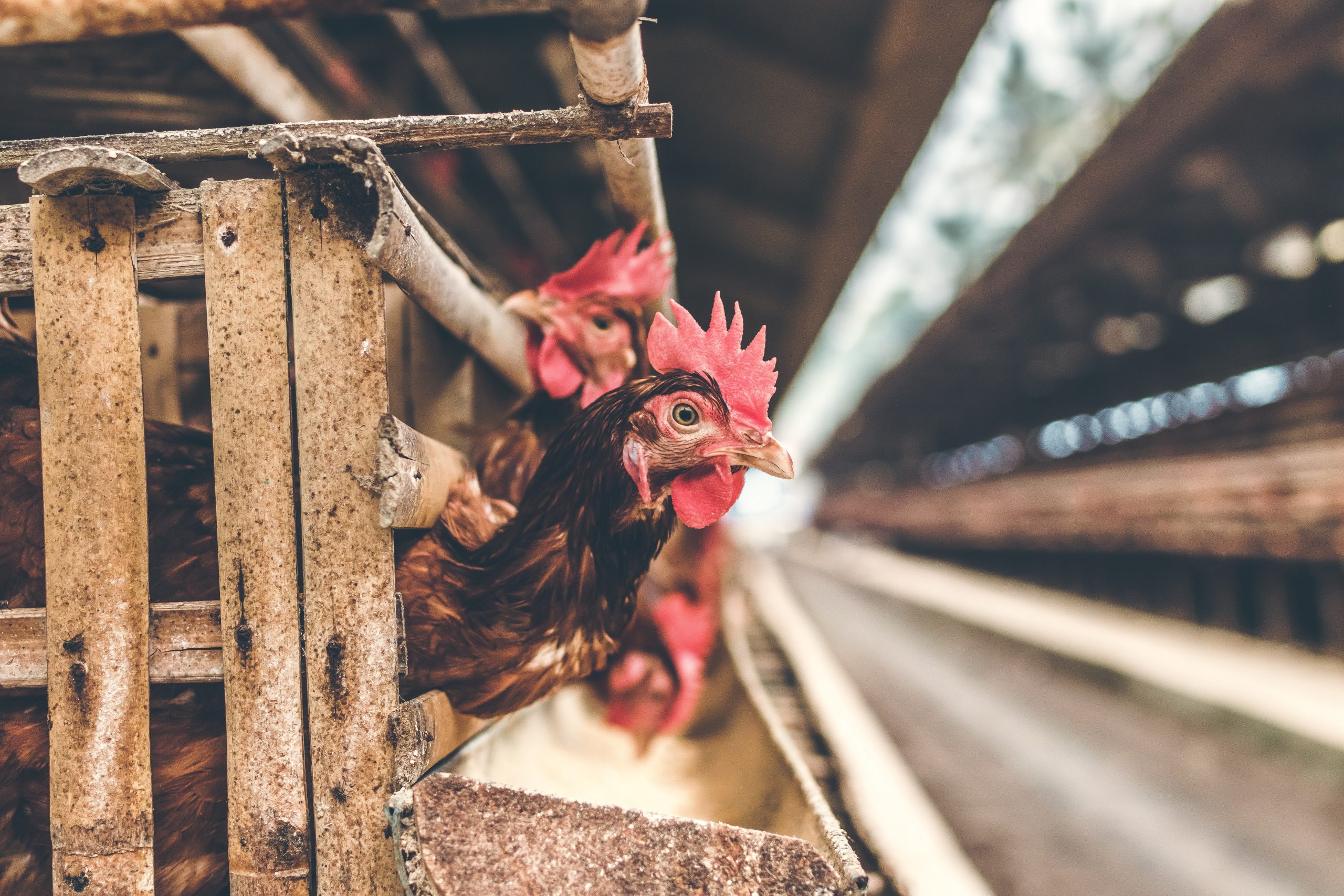T-Mobile & Sprint $30 Billion Merger Approved

After several months of legal proceedings, the T-Mobile and Sprint merger has been approved. The merger required approvals from the Department of Justice and the U.S. Federal Communications Commission. Through the legal proceedings, the two companies were required to prove that the merger would not increase barriers to entry in the telecom market. The top two mobile carriers (by subscribers) are Verizon and AT&T. Currently T-Mobile is the third largest mobile carrier and Sprint is the fourth. After the merger, T-Mobile will remain the third largest mobile carrier. Both T-Mobile and Sprint have made several concessions to increase the confidence of the governing authorities.
The eliminating of the Sprint brand will increase the gap between the remaining top three carriers and the rest of the market. The elimination of Sprint is also expected to create a stronger, more concentrated oligopoly within the telecom market. To suffice the legal entities and reduce barriers to entry, T-Mobile will establish a fourth telecom provider to replace Sprint. This action is unprecedented in the telecom market. In place of Sprint, T-Mobile will establish Dish Network as the fourth largest mobile carrier in the United States. Most of Sprint’s subscribers will merge to T-Mobile plans and Sprint’s prepaids subscribers will be merged to Dish Network plans. The addition of this legality contributed significantly to the merger’s approval. Governing authorities also predicted that Sprint was not expected to maintain longevity in the wireless market, thus they became more willing to approve the merger.
Some business experts consider the merger an acquisition, since only the T-Mobile name will remain after the merger. T-Mobile and Sprint believe the merger will allow them to combine resources, quickly employ a fifth-generation network, and increase internet speeds for their subscribers. Critics believe that strengthening the T-Mobile corporation and brand will lead to higher prices for consumers. T-Mobile has promised to keep prices lower for the next three years as they create their fifth-generation network. They have not commented on their pricing strategy after the three years. However, the merger fortifies T-Mobile as an emerging contender against rivals Verizon & AT&T.
Discussion Questions:
- Define barriers to entry. Do you agree with the approval of the merger? Based on the article, will the merger increase or decrease barriers to entry in the telecom market?
- State the characteristics of an oligopoly. Is the telecom market an oligopoly? Why or why not?
Source: NPR “T-Mobile Completes Takeover of Rival Company Sprint” by Andrew Limbong.













